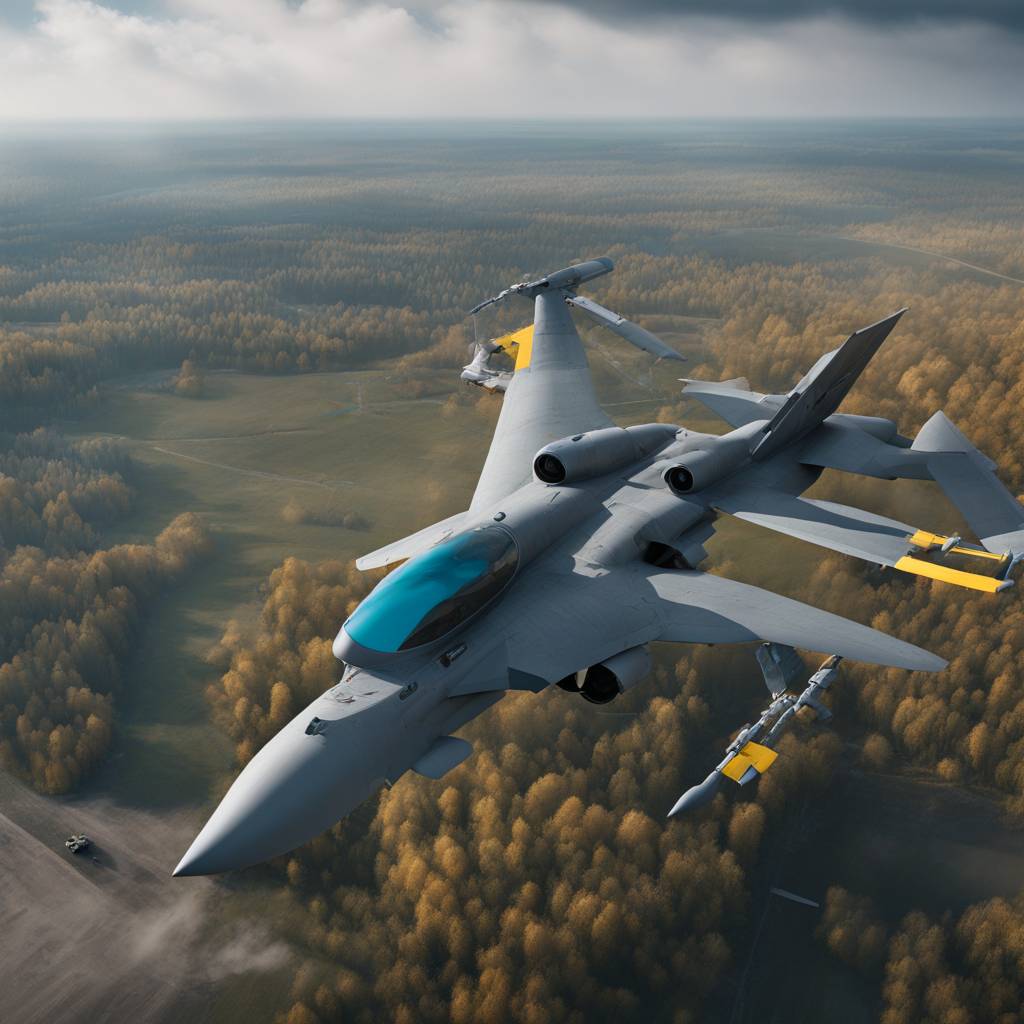In late February and early March, Ukrainian air defenses managed to shoot down numerous Russian warplanes, including Sukhoi Su-34 fighter-bombers and Sukhoi Su-35 fighters in eastern Ukraine. Despite the losses, Russia continued their airstrikes. In response, Ukraine began targeting the remaining 200 Sukhois on the ground at a base in Morozovsk, western Russia, using one-way explosive drones, in an attempt to destroy the Russian air force’s most important deep-strike systems.
Ukraine has been deploying homemade long-range drones in a widening campaign of drone raids deep inside Russia’s borders, targeting oil refineries and a drone factory. The Su-34 fighter-bombers have become a primary target due to their precision-guided glide-bombs, which have been crucial in Russia’s war on Ukraine. The Ukrainians have taken big risks to counter the glide-bombing campaign, using their best air defenses within close proximity to the front line to target the Sukhoi bombers. This has resulted in the successful shooting down of Russian jets but also led to casualties on the Ukrainian side.
As the United States, the main supplier of Ukraine’s Patriot air defense systems, has not provided much aid to Ukraine since October, the Ukrainians have had to pull back their air defenses due to the risks involved. Unable to prevent the relentless glide-bombing by the Russian air force, Ukraine has shifted its tactics to targeting the bombers while they are on the ground. This poses a challenge for Russia’s air defenses, which are spread thin protecting numerous facilities across the country. The ongoing drone raids signal a change in strategy for Ukraine as they continue to retaliate against Russia’s aggressive actions.
Despite the uncertainty surrounding the results of the recent drone raid on the Russian air base in Morozovsk, Ukraine will likely persist in their efforts to target the Sukhoi fighter-bombers. With the Sukhois playing a crucial role in Russia’s bombing campaigns in Ukraine, the Ukrainian military sees them as key targets for their drone raids. The ongoing conflict between Ukraine and Russia, coupled with the involvement of other countries like the United States, adds a layer of complexity to the situation, highlighting the need for strategic and calculated responses from both sides.
The use of drones in the conflict signals a shift towards modern warfare tactics, with unmanned aerial vehicles becoming increasingly prominent in military operations. The Ukrainian drone raids, targeting critical Russian assets like fighter-bombers and oil refineries, demonstrate a new approach to retaliating against enemy forces. As the conflict between Ukraine and Russia continues, it remains to be seen how each side will adapt and respond to the evolving tactics and strategies employed by their adversaries. The use of drones in warfare raises questions about the future of air combat and the effectiveness of traditional air defense systems in countering these advanced threats.


